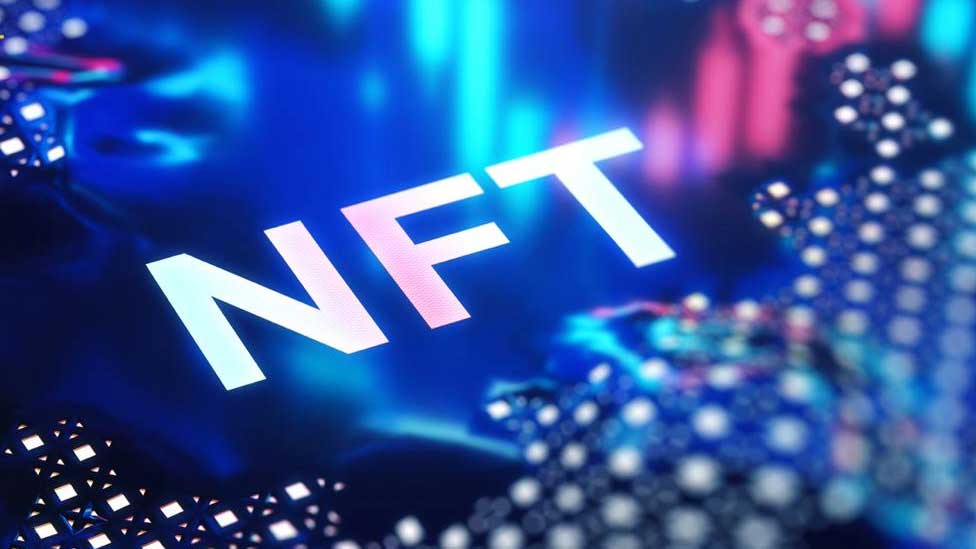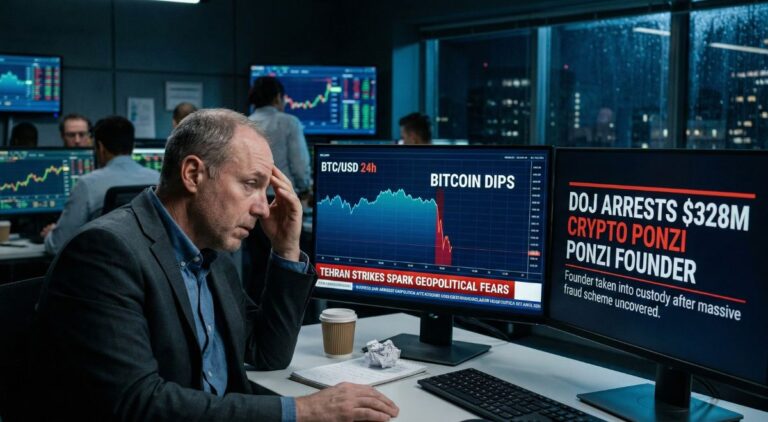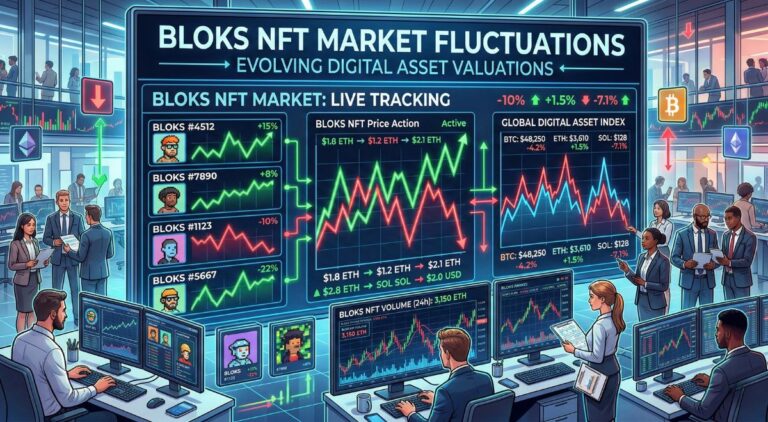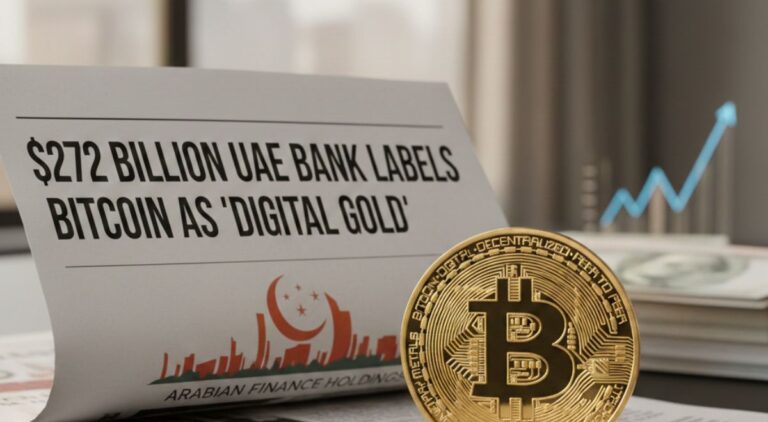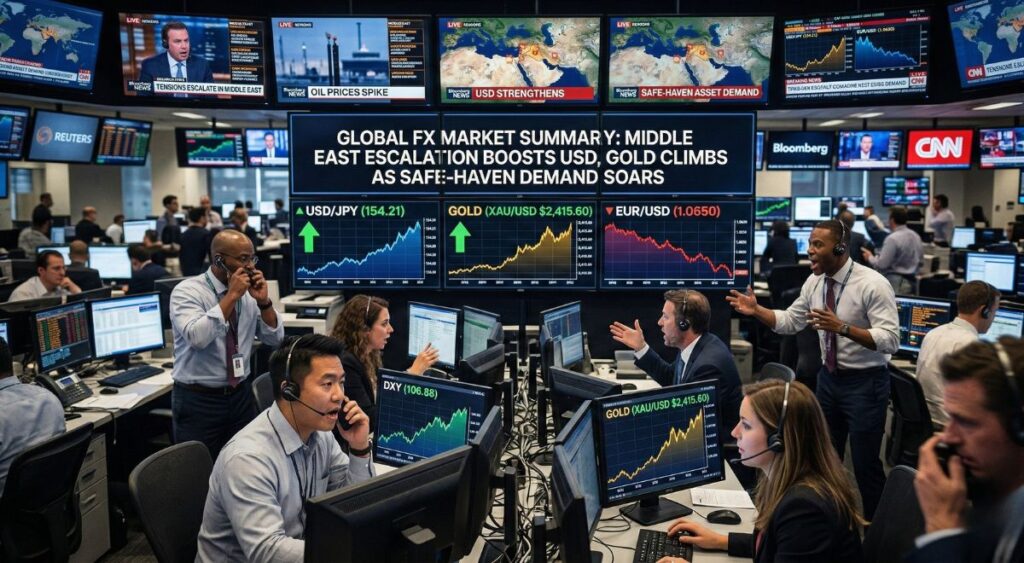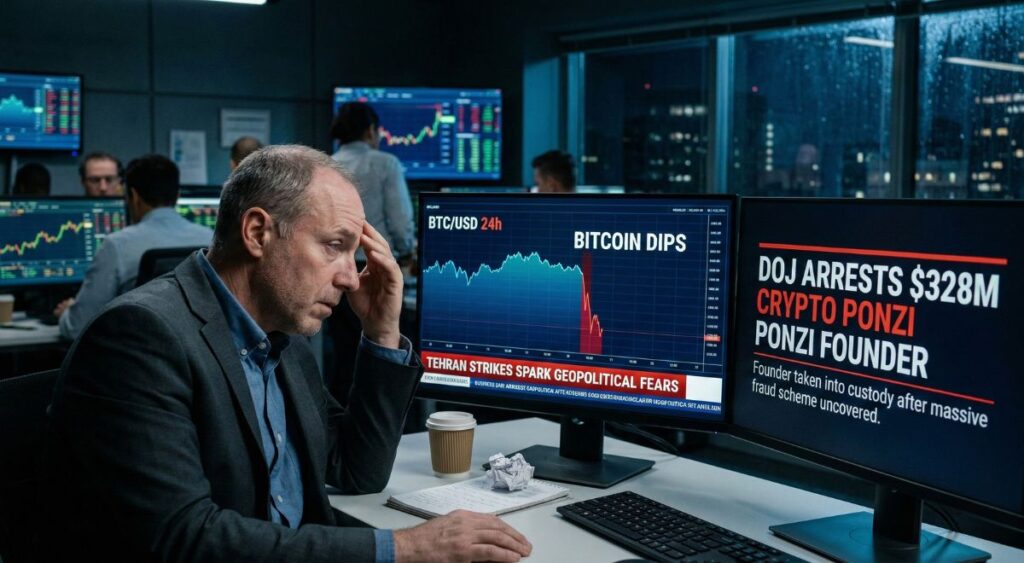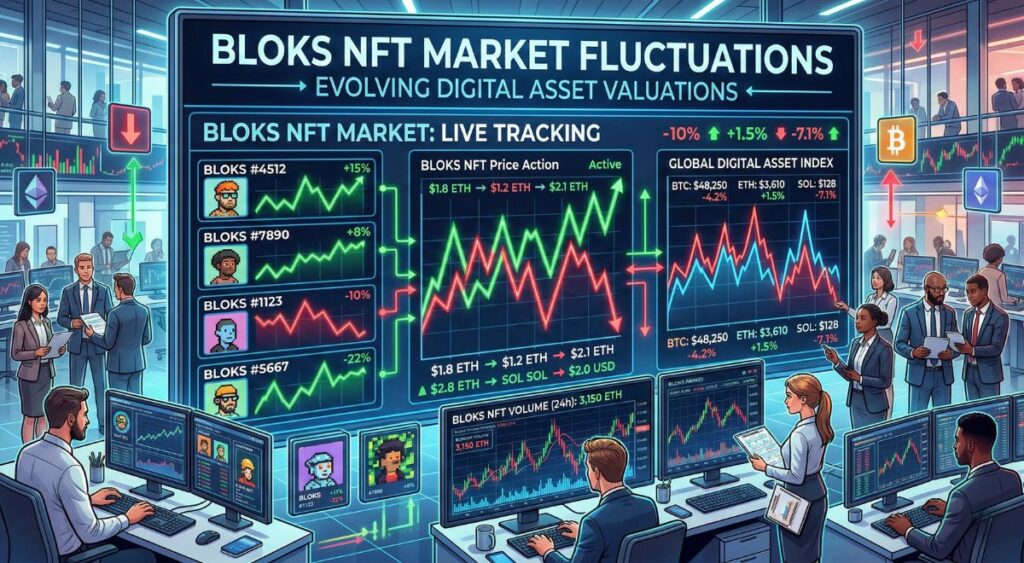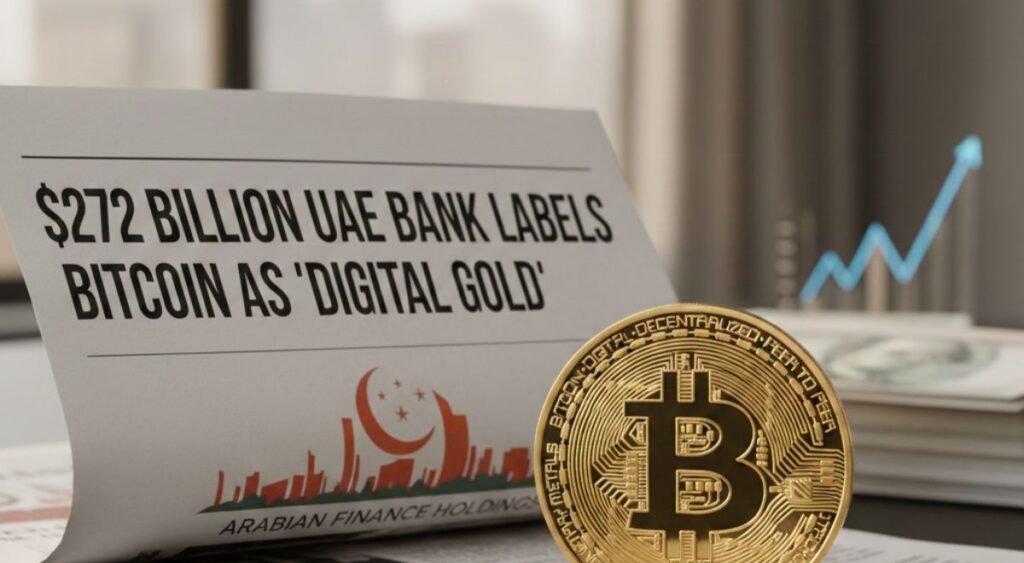Washington, D.C. — Commissioner Hester Peirce of the U.S. Securities and Exchange Commission (SEC) has explained that non-fungible tokens (NFTs) that include creator royalty mechanisms are probably not subject to federal securities laws.
Peirce stressed in a recent speech that NFTs that allow artists to receive royalties from resale are not always regarded as securities. NFTs are programmable digital assets that, in contrast to conventional financial instruments like stocks, are frequently made to return a portion of future sales to their original creator. Peirce compared the idea to the royalty models that streaming services employ to pay artists and filmmakers for every usage.
“Just as streaming platforms pay royalties to the creator of a song or video each time a user plays it, an NFT can enable artists to benefit from the appreciation in the value of their work after its initial sale,” she stated.
Crucially, Peirce noted that these features do not grant NFT owners any ownership stake or claim to profits from a broader enterprise—characteristics that typically define a security under U.S. law.
Legal Experts Support Peirce’s Interpretation
Oscar Franklin Tan, chief legal officer of Enjin core contributor Atlas Development Services, reinforced Peirce’s comments in an interview with Cointelegraph, arguing that they have been misrepresented in some media outlets.
“Peirce correctly stated that an NFT sending royalties to a creator is not a security. This was never controversial,” Tan said. “The notion that compensating artists with royalties could constitute a security was never a legal interpretation under U.S. law.”
Tan explained that U.S. securities law targets investment contracts, not creator compensation. “Royalties are not investment income—they’re business earnings. The artist is not a passive investor,” he added.
He noted that while direct royalties to creators pose no legal issue, complications could arise when NFTs promise to share those royalties with multiple holders or investors. In such scenarios, the lines between digital assets and investment vehicles could blur.
Tan also called for a reasoned approach to blockchain regulation: “Ask yourself—if this were done with pen and paper instead of blockchain, would it still raise a regulatory concern? If not, slow down.”
NFT Marketplaces Face Separate Scrutiny
While NFTs with royalty functions may be clear of securities designation, NFT marketplaces remain under the SEC’s microscope. In August 2024, OpenSea, the largest NFT trading platform, received a Wells notice from the SEC, signaling a potential enforcement action based on the claim that NFTs on the platform might be unregistered securities.
However, on February 22, 2025, OpenSea CEO Devin Finzer announced that the SEC had closed its investigation without further action—a development hailed as a victory for the crypto and digital art sectors.
Following this, OpenSea’s legal team issued a formal letter to Commissioner Peirce urging the SEC to explicitly exempt NFT marketplaces from securities regulation. OpenSea’s general counsel Adele Faure and deputy general counsel Laura Brookover argued that such platforms neither act as brokers nor facilitate transactions in the way traditional securities exchanges do.
They called on the Commission to provide clear guidance: “The SEC should definitively state that NFT marketplaces like OpenSea are not exchanges under federal securities laws.”

